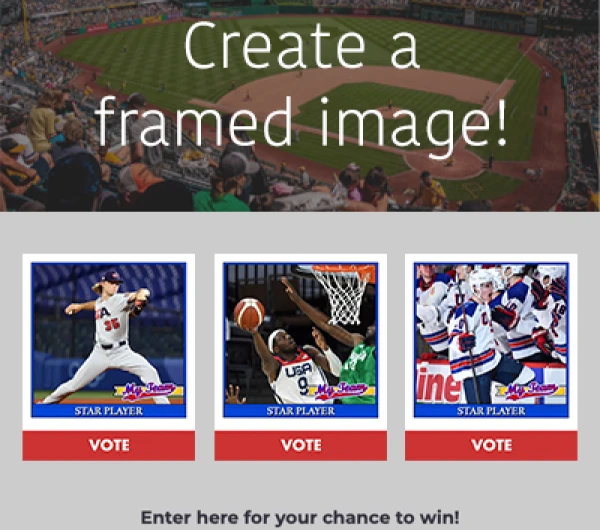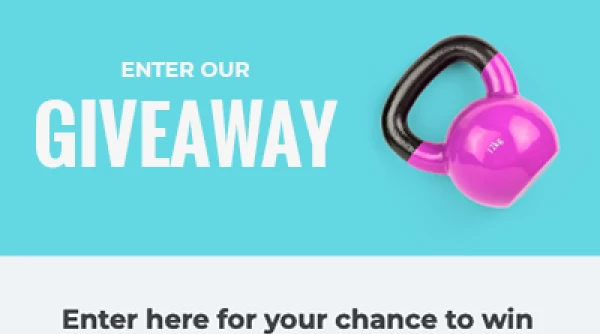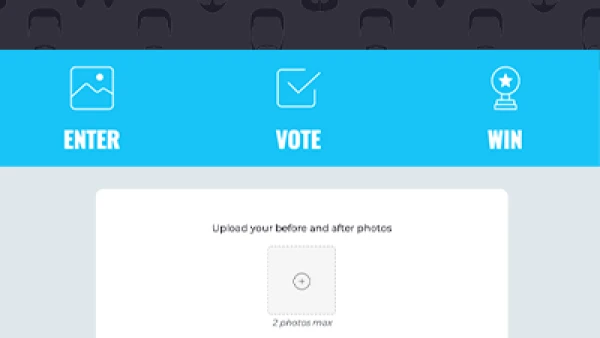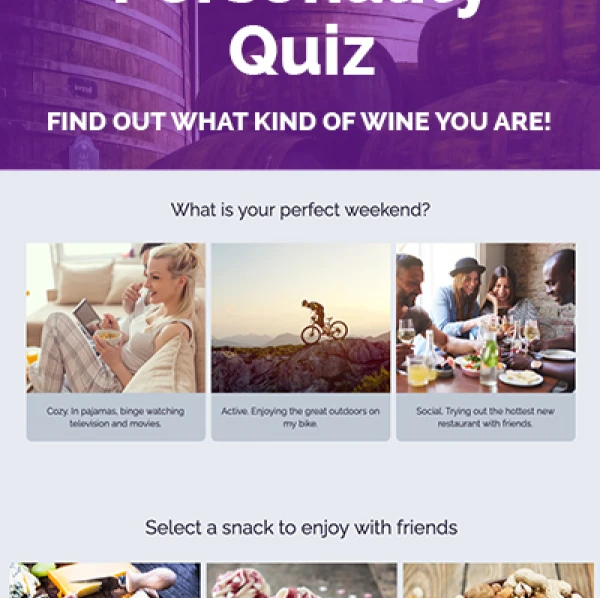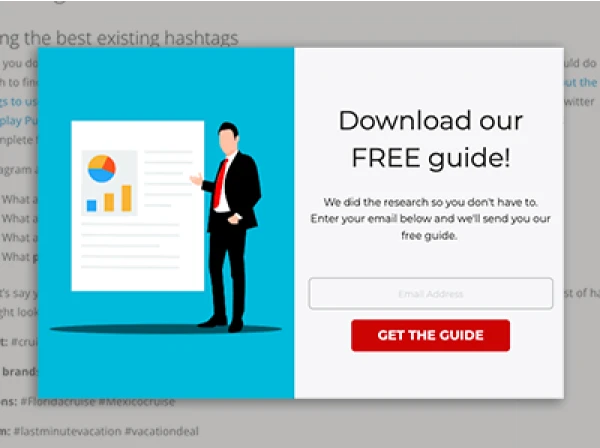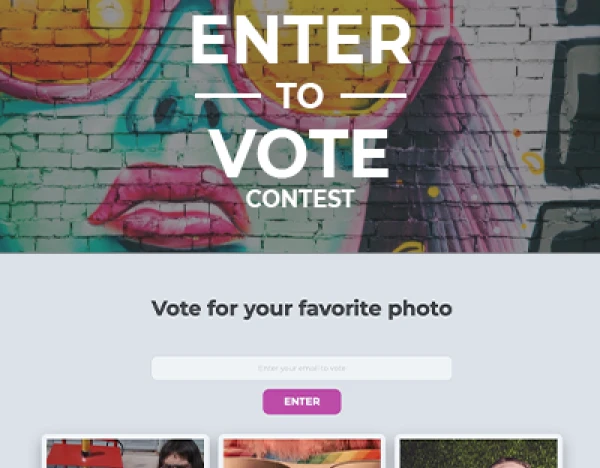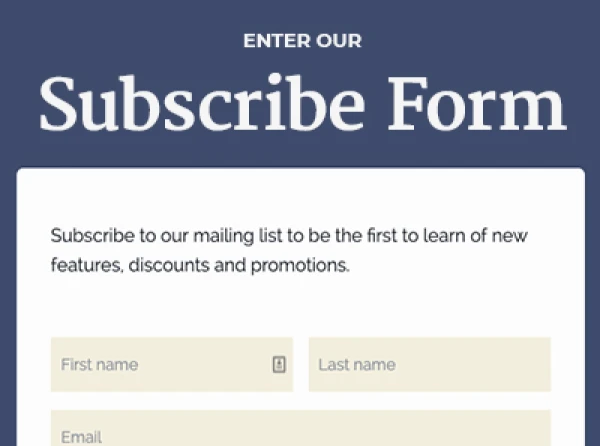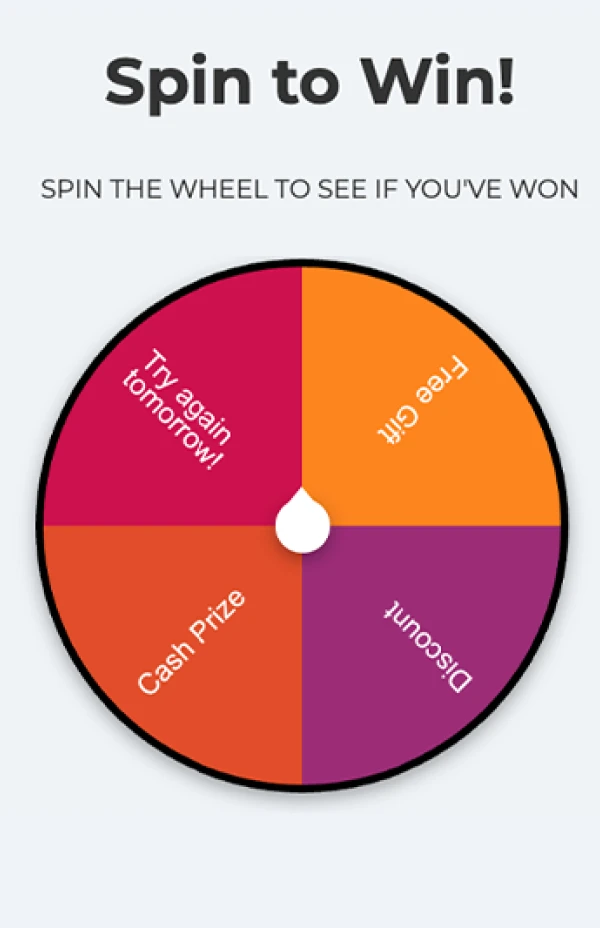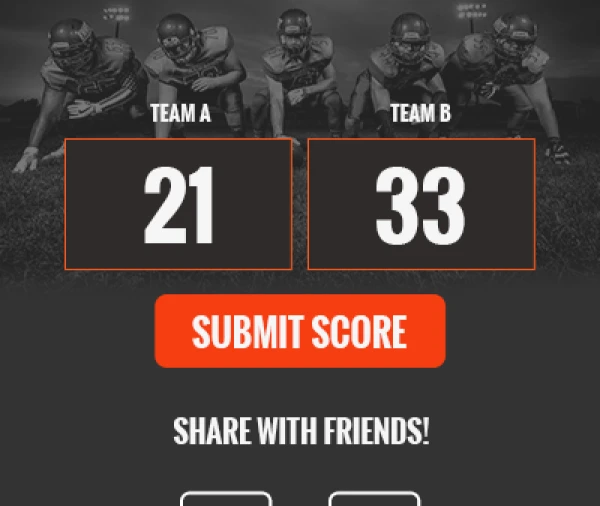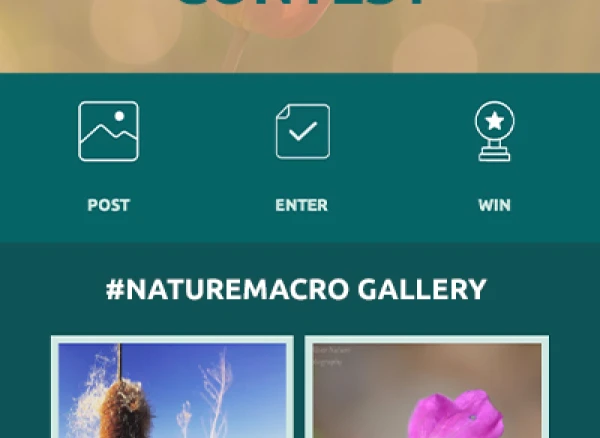Are you primed and ready to run your next giveaway? What type of prize will you offer?Giving things away for free is one of the most effective ways to get people to start paying for what you have to offer… That sounds counterintuitive, doesn’t it?!?Giveaways are powerful because free stuff pulls potential customers towards your business. If you are smart about what you’re giving away, then you can strategically align that free giveaway with your end product, affirming that these prospects are in fact interested in what you sell.Contests, sweepstakes, and giveaways are a tried and true method of creating a magnet-like attraction to your business. But, recognizing this fact and turning it into an effective marketing and growth strategy are two very different things.Unfortunately, your appetizing honeypot (the giveaway) isn't going to attract just future customers, it will also bring in tire kickers and freebie seekers. Of course, you can hardly blame people for being opportunistic and jumping at the chance to get complimentary swag or a free iPad!So how do you attract better-quality leads without making your contests too exclusive to pick up buzz?
via GIPHY Here are four tips...
1. Define your ideal customers
Who are you trying to attract with your contest or giveaway?If you don’t have a clearly defined architect of your ideal customer then it becomes near-on impossible to determine a prize that will entice them.Unfortunately, too many giveaways focus on virality and user entries and they forget about why they are conducting these campaigns in the first place - to attract leads and grow customers.The idea of a giveaway often conjures up images of Black Friday free-for-all mobs and other first-come, first-served disasters.
via GIPHY Why not make your campaign a bit more selective and tasteful so it not only connects personally with your ideal customers but also delivers the real outcome you’re after? Narrowly focusing your contest or giveaway on a select audience helps you:
- Spend less time and effort filtering out bad leads.
- Pick potential giveaway recipients who are more likely to make purchases.
- Create positive publicity among already-receptive audiences; and
- Increase your giveaway’s ROI.
Your ideal customer definition should be developed using real research and data about your current buyers – their goals, problems, interests, and buying behavior.You may also like to consider the following when crafting this definition:
- Which type of customer is most likely to recommend your giveaway or product to others?
- Is there a type of customer who could proliferate the reach of your giveaway due to their social media influence?
- Are there certain characteristics that your longest serving and highest value customers share?
Of course, each business will have a unique understanding and definition of their ideal customer. But these questions should encourage your thinking and help you choose giveaway prizes that sing the same tune as this audience.
2. Ask (some of) the people what they want
There's no better way to discover what your customers want than by going straight to the source. But you don’t want to over-do it or irritate your customers with too much communication. So take the time to isolate a small group of highly engaged customers and limit the number of questions you ask them. Test the waters before casting your lure.Here are a few ideas for getting to know what your customers want and which giveaway prizes they may like:
- If you've chosen some potential prizes based on what you can afford or find in your overflow stockroom, then poll your audience to see which of the items they'd be most excited to receive.
- Use a Facebook or Twitter poll to see which prizes garner the biggest responses. You could even upload your customer list as a custom audience and run a remarketing campaign to get more targeted responses.

Example of a Twitter Poll.
- Skip prizes that your core clientele are unlikely to be interested in. These won’t attract other people who share similar traits and buying interests, either.
3. Be selective from the start
Even among your longtime fans, you'll encounter some people who don't really respond to prize-based marketing the way you'd prefer. Whether they lack the money to make purchases after signing up for campaigns or they were just in it for the possible gratification of winning, it's important to draw a line in the sand.Understanding the distinction between a freebie seeker and a potential buyer is much easier if you make your giveaway more interactive. For instance, you can ask people to complete qualifying questions that eliminate non-ideal customers based on general identity information, like their age or gender.Topshop uses an interactive quiz to act as a personal shopper and discover a prospect’s style preferences… you could use something like this as an entry point for a contest.

Interactive quiz example.View and Create Your Own Or you can limit your targeting activity by trawling social media for the most active fans of your page and let them sign up for prizes first. When every marketing lead costs valuable money, there's nothing wrong with narrowing the pool before diving in headfirst.Using qualifiers to eliminate non-prospects before the giveaway kicks off may seem unfair, but in the end, you're doing your business and audiences a huge favor. For example, if you know that only parents are going to get excited about the baby products you want to promote, then talking to single, childless adults is just a waste of time and money. In some cases, it could be the PR equivalent of shooting yourself in the foot, such as when uninterested prospects start getting annoyed at your campaign and think it’s spam. In limited quantities, exclusivity can also be a powerful hype builder.Qualifiers can also help you gauge lead viability based on buying habits. If you were a smartphone app development company, giving away a tablet or phone, then you might ask potential recipients what kinds of apps they use as an excuse for filtering out those who won't ever download your products.
Choosing qualifiers that work
One caveat to remember when using qualifying questions is that you don't want to scare people away. Some conversions can be hard to predict, so try not to alienate buyers who might still be sitting on the fence.Stick to general marketing questions and request information people already feel comfortable sharing, such as their:
- Age, location, and other basic demographics.
- Recent shopping habits or product use.
- Use of your site or social media pages.
- Internet usage or mobile device preferences.
Still having trouble selecting qualifiers? As a general rule, signing up for a giveaway campaign should be quick and painless. Avoid questions that people can't answer off the top of their heads.
4. Pick prizes that complement your company
Your giveaway campaigns should always suit your brand and end solution.While you might think that picking generic prizes is a great way to widen your net, it only exacerbates the problem of you attracting unprofitable attention. By restricting your prize pool to items that actually have something to do with your business model, you can draw in people who are interested in both.Imagine yourself as a fine purveyor of haute couture. Giving away a few pieces of "exclusive" off-season merchandise would probably be a smarter campaign idea than trying to entice people with prizes like home goods, appliances or restaurant gift cards.If it's the dead of winter but you've already purchased a warehouse or shipping container full of summer clothing, then hosting a giveaway could be a useful lead-in for sustaining sales as the seasons change. For instance, you could give participants the chance to be added to an email list that notifies them when you start selling the bulk of your stock in a few months.A good example of a giveaway complementing a business proposition can be seen from UK clothing and apparel store Long Tall Sally. In an attempt to drive interest and sales of their gym wear range, they gave away gym passes and activewear:

Example of a Giveaway prize complementing a business proposition.In other words, connect your prize choices to your upcoming sales goals to drive ROI with campaigns that actually move goods.
Branching out constructively
Choosing prizes that fit your field doesn't necessarily mean limiting yourself to extra goods you have on hand. If you know that your clients are mostly business representatives or purchasing agents, then picking prizes that they could use around the office might be wise. Maybe an enterprise customer who bought one of your data center network hubs would be a prime candidate for prizes like cable organizers.Always take the time to consider what kinds of add-ons people might need to augment and make better use of what you already offer. This technique works particularly well when combined with per-user purchase trend analysis.
Better giveaway prizes result in better leads
Refining your contests by following these basic tips can take your campaign to the next level of success. True, not every lead is going to result in a conversion, but it's a lot easier to raise your success rate if you're willing to conduct preliminary research.How do you get people excited about your campaigns? Do they stay that way long enough to reward you with their patronage? Adopting a more interactive marketing strategy that gets people engaged with quizzes, videos and contests might just help you hone the way you communicate with your potential customers.Choosing great prizes is more than merely a matter of selecting high-profile, expensive stuff. You have the power to pick items that speak to people, so why not be choosy about who you're talking to?
Create your first contest now
Get Started Today. It’s free and we don’t need your credit card.
About the author
Will Blunt is the founder of Sidekick Digital by Will Blunt - B2B Marketing Expert - Sidekick Digital, a publishing business that launches, manages, and grows brands with content marketing.
Recent posts
Go back to blogGet marketing tips straight to your inbox
Launch an irresistible giveaway. Get started for free.
Join 630.000+ marketers that are boosting engagement and sales.
